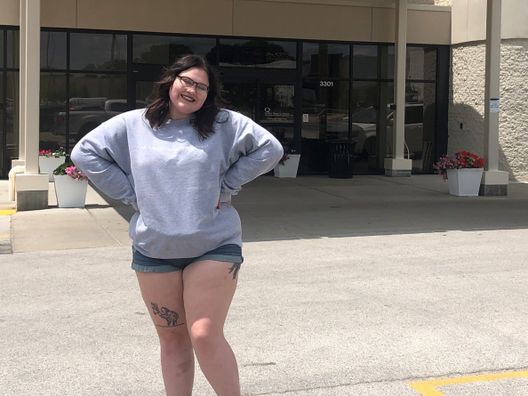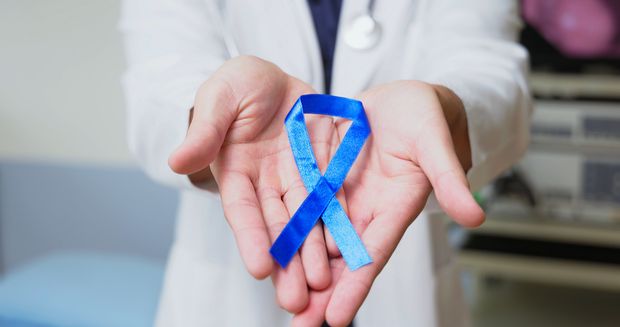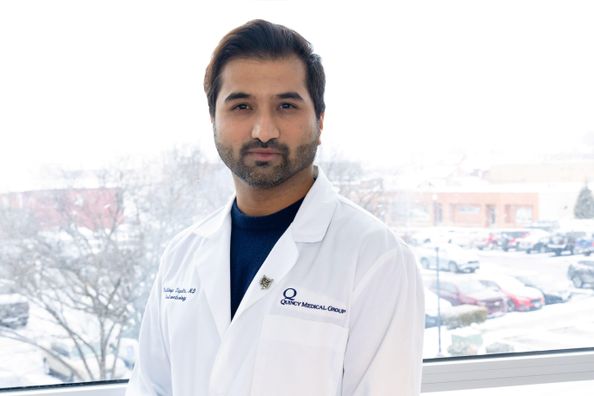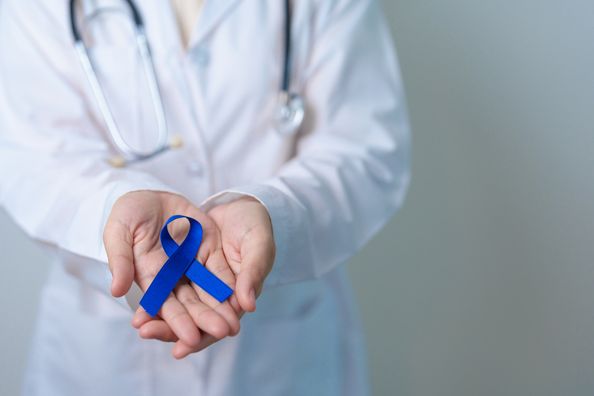Abigail L. was stepping into a new chapter of her life, leaving her home in Arkansas to attend Quincy University in Quincy, Illinois. Eager to embrace new experiences, she was excited about the opportunities that lay ahead.
But life had other plans.
At first, her symptoms seemed minor — feeling cold all the time, losing weight without trying, and an unusual fatigue she couldn’t shake. She brushed them off, assuming they were just part of adjusting to a big move, new responsibilities, and the typical ups and downs of young adulthood.
Then, something happened that she couldn’t ignore.
It wasn’t until someone pointed it out that she realized she had been falling asleep unexpectedly at work. What seemed like simple exhaustion was something far more serious. She wasn’t just tired; she was losing consciousness.
Encouraged by her supervisor, Abigail decided to get checked out at QMG Now Urgent Care. That visit would mark the first step on a journey she never expected to take.
She was referred to Quincy Medical Group’s Gastroenterology department, where she met Nurse Practitioner Donna Shields. As she described her symptoms, Shields listened closely and consulted with QMG Gastroenterologist Dr. Kartikeya Tripathi. Together, they recommended a colonoscopy to uncover the cause of Abigail’s troubling health issues.
With her mom back home in Arkansas, Abigail arrived at the QMG Surgery Center with a friend by her side, hoping for answers but never expecting the worst — after all, she was only 20 years old.
“When I woke up from my colonoscopy, Dr. Tripathi came into the room with a terrible look on his face,” Abigail recalled. “He looked at my friend and said, ‘We need to call her mother.’ He knew I would need her, even all the way in Arkansas.”
The words that followed changed everything: colorectal cancer.
Hearing those words was overwhelming, and the reality of the diagnosis was difficult to process. “It was a complete shock. You never think something like this can happen when you’re 20,” Abigail said.
Abigail’s diagnosis represents a rising number of younger patients. Colorectal cancer is increasingly affecting younger adults, with significant changes observed over recent decades. In the United States, approximately 10% of colon cancer cases are diagnosed in individuals under 50, and this figure has been rising by about 1% to 2% annually, according to the Colorectal Cancer Alliance.
Dr. Tripathi shared, “Abigail is one of the youngest patients I’ve diagnosed with colon cancer. Being diagnosed at 20 is extremely rare, but we are seeing an uptick in colon cancer diagnoses among younger populations.”
The diagnosis was especially surprising for Abigail, since she had no family history of the disease. However, Dr. Tripathi explained that this is not unusual in younger patients.
“When we talk about younger colon cancer patients, genetics often come to mind. But it’s important to note that only about 20% of colon cancer cases have a genetic component. The rest are considered sporadic, meaning they don’t have a known genetic cause,” explained Dr. Tripathi.
After receiving treatment at the QMG Cancer Institute, Abigail is now in remission.
As she reflects on the warning signs she might have missed and realizes how much her body had been trying to tell her. “When I look at pictures of myself before the diagnosis, I can see it now — I looked so sick, but at the time, I didn’t realize it. It’s almost shocking to see how much my body was struggling,” she said.
She encourages others to pay closer attention to their health. “You’re the only one who knows what you’re experiencing. If something feels off, don’t ignore it,” she said. “I almost convinced myself that my symptoms weren’t a big deal. But they were.”
Dr. Tripathi emphasized the importance of paying attention to symptoms: “My advice to patients, especially younger ones, is to be aware of any changes in your bowel movements. Also, keep in mind that colon cancer can be asymptomatic, so if your body is giving you signs, you should listen and talk to your doctor.”
Abigail wants to empower others to speak openly about their symptoms with their healthcare provider.
“I know some things can be uncomfortable to discuss, but being open about them could save your life. Don’t let embarrassment prevent you from seeking help,” she said.
For more information on the rising cases of colorectal cancer in younger adults, learn more from Dr. Tripathi in the article: “Colorectal Cancer Awareness: A Growing Concern for Younger Adults.”
Health Topics:





